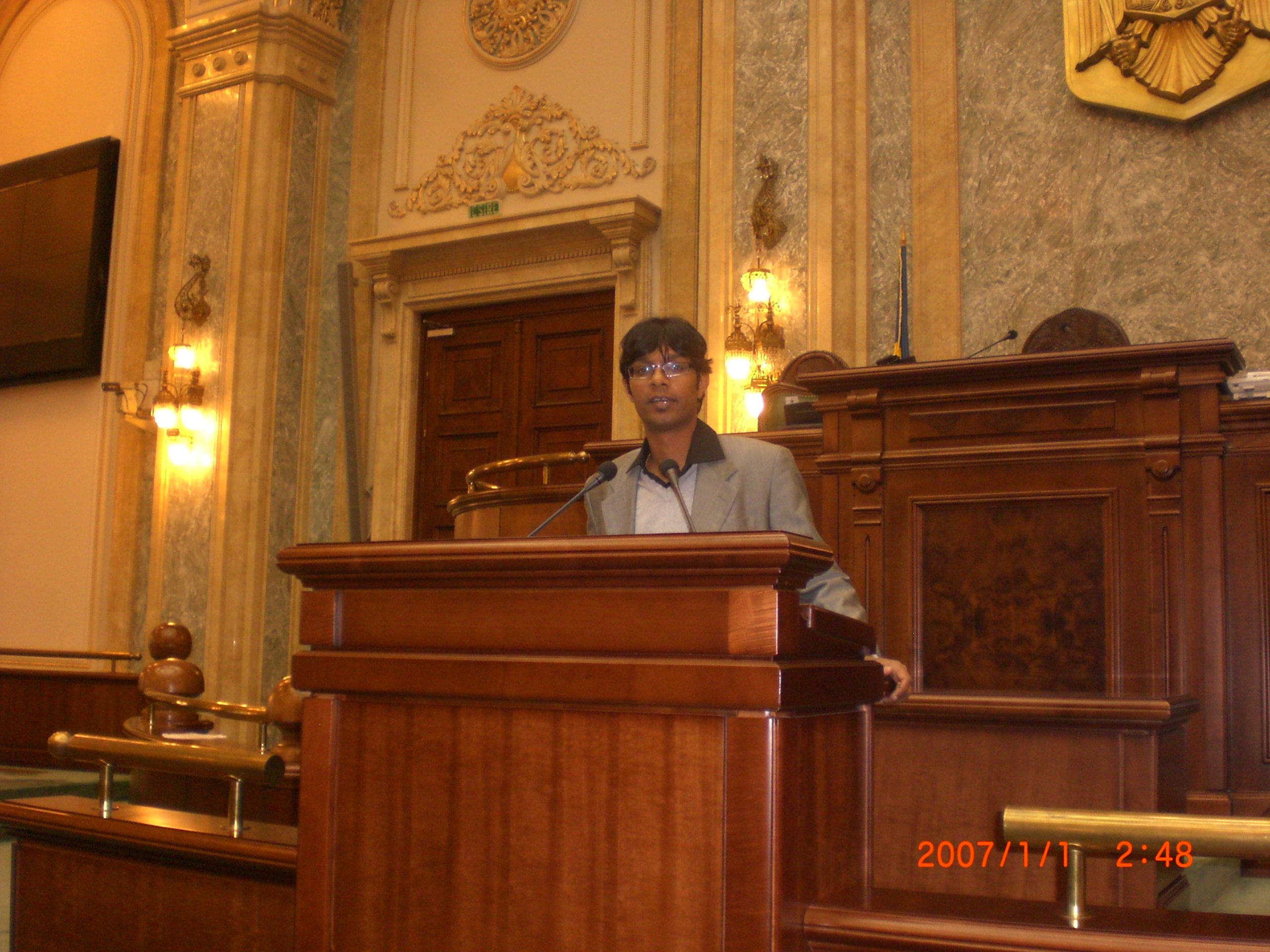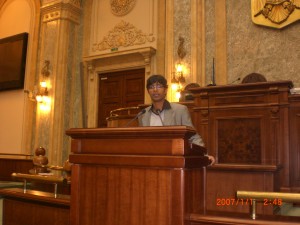Dalit Theology – by Peniel Jesudason Rufus Rajkumar
Dalit Theology emerged in India in the 1980s as a theology of liberation for the ‘Dalits’ who were considered as ‘outcastes’ and severely and systematically oppressed under the caste-system. It sought to redress the problem of caste-based discrimination within Indian churches (which despite being Christian upheld the caste system and its concomitant socio-cultural practices) as well as liberate Indian Christian theologies from their obliviousness to the sufferings and aspirations of the Dalits who, ironically, constitute the majority of Indian Christianity. It was realised that Dalit concerns were not specifically focussed upon in Indian Christian theology’s predominant foci, which were namely
a) to develop an authentically indigenous Christianity which could enhance inter-faith relationships, and
b) to encourage Christian participation in nation building by seeking partnerships with other religious and secular ideologies by interpreting salvation in broad terms such as ‘humanization’.
Dalit theology emerged as theology of the Dalits, for the Dalits and by the Dalits.
There are three salient features which best define Dalit theology namely a) the experiential nature of Dalit theology, which considers the ‘pathos’ experience of the Dalits as an important epistemological premise for Dalit theology; b) the anticipatory nature of Dalit theology which anticipates liberation, and c) the counterintuitive methodology of Dalit theology which intentionally dismantles the upper-caste brahminical methodological basis of Indian Christian theology.
Dalit theology is quintessentially a justice-seeking and anti-exclusive theology. Though it is an identity-specific theology, focussing on the struggles of the Dalits, it has always maintained an inclusive vision and has widened its ambit to embrace the concerns of other marginalised groups including women, tribals and children.
In Dalit theology liberation is understood not only in socio-economic and political terms but also in psychological and cultural terms. As a theology of experience and identity it anticipates and inspires Dalits to work towards socio-economic liberation and seeks to empower Dalits through the affirmation of the subjugated and deningrated Dalit identity.
Methodologically Dalit Theology seeks to redress the imbalance in the indigenous resources used to articulate theology by making use of Dalit cultural symbols like the paraimolam (funeral drum), Dalit myths and rituals, which have been demonized by elitist Christianity. The very process of doing Dalit theology is a political and practical ethic since it is an act of ‘speaking truth to power’ from below and ‘naming the silences’. ‘Dalit theology is political as it effectively exposes and ruptures the prevailing, sometimes theologically-sustained, hegemony and subverts the political dividends of theology to serve the oppressed and challenge the oppressors. It has facilitated the emergence of new agents of and themes for theologising and, inherent in this process have been the liberative processes of de-centering of the power to theologise and ideological dismantling of those theological themes which have the potential to obfuscate injustice and oppression’. In short it can be said that Dalit theology is both theological reflection as well as theo-political action shaped, sustained and directed by the vision of the divine reign of justice, equality and peace and is a theology which affirms the fullness of life for all.



I am interested in learning about Dalit Theology.where can i get this book
I wanna know about Dalit Theology
Where can I get this book